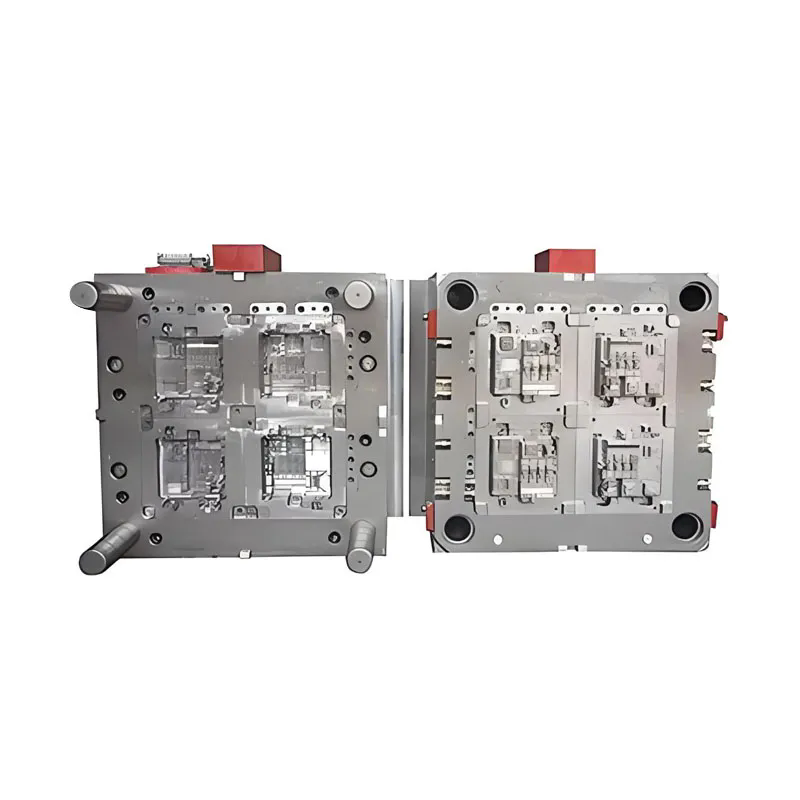The Importance of Plastic Connector Molds for the Automotive Industry
2024-09-06
In the automotive industry, precision and reliability are crucial for ensuring vehicle safety and performance. One often overlooked yet essential component in this equation is the plastic connector mold. These molds play a vital role in the production of high-quality plastic connectors used throughout vehicles. Understanding the significance of plastic connector molds can provide insight into their impact on automotive manufacturing and the benefits they offer.
Plastic connector molds are used to create the intricate and precise components required for various automotive applications. These connectors are integral to a vehicle’s electrical system, enabling the connection of wiring harnesses, sensors, and other critical components. The quality and performance of these connectors directly impact the vehicle's functionality, making the role of plastic connector molds crucial in achieving the necessary standards. By producing connectors that meet strict specifications, these molds ensure that the components perform reliably under various conditions, contributing to the overall safety and efficiency of the vehicle.
One of the primary benefits of using plastic connector molds in automotive manufacturing is their ability to produce connectors with high precision. The complexity of automotive connectors requires molds that can accurately replicate detailed designs and dimensions. Advanced mold-making technologies enable the production of connectors with tight tolerances and consistent quality. This precision helps prevent issues such as poor electrical contact or mechanical failure, which could lead to costly repairs or safety concerns. By investing in high-quality plastic connector molds, manufacturers can ensure that each connector performs as intended, enhancing the overall reliability of the vehicle.
Additionally, plastic connector molds offer advantages in terms of efficiency and cost-effectiveness. The use of injection molding technology allows for the mass production of plastic connectors with minimal waste and reduced production time. This efficiency translates to lower manufacturing costs and faster turnaround times, which are essential in the competitive automotive market. Furthermore, the durability and longevity of plastic connector molds contribute to long-term savings by reducing the need for frequent replacements or repairs. The cost-effectiveness of these molds makes them a valuable investment for automotive manufacturers looking to optimize their production processes.
Another significant aspect of plastic connector molds is their contribution to innovation in automotive design. As vehicles become increasingly advanced with the integration of new technologies, the demand for specialized connectors grows. Plastic connector molds enable the production of connectors that support emerging technologies such as electric and hybrid drivetrains, advanced driver-assistance systems (ADAS), and infotainment systems. By providing the flexibility to create connectors tailored to specific requirements, these molds support the development of cutting-edge automotive features and advancements.
In conclusion, plastic connector molds are a fundamental component in the automotive manufacturing process. Their precision, efficiency, and ability to support innovation make them essential for producing high-quality connectors that ensure vehicle performance and safety. Investing in advanced plastic connector molds not only enhances the reliability and functionality of automotive components but also contributes to cost savings and supports technological advancements. As the automotive industry continues to evolve, the role of plastic connector molds will remain critical in shaping the future of vehicle design and manufacturing.



